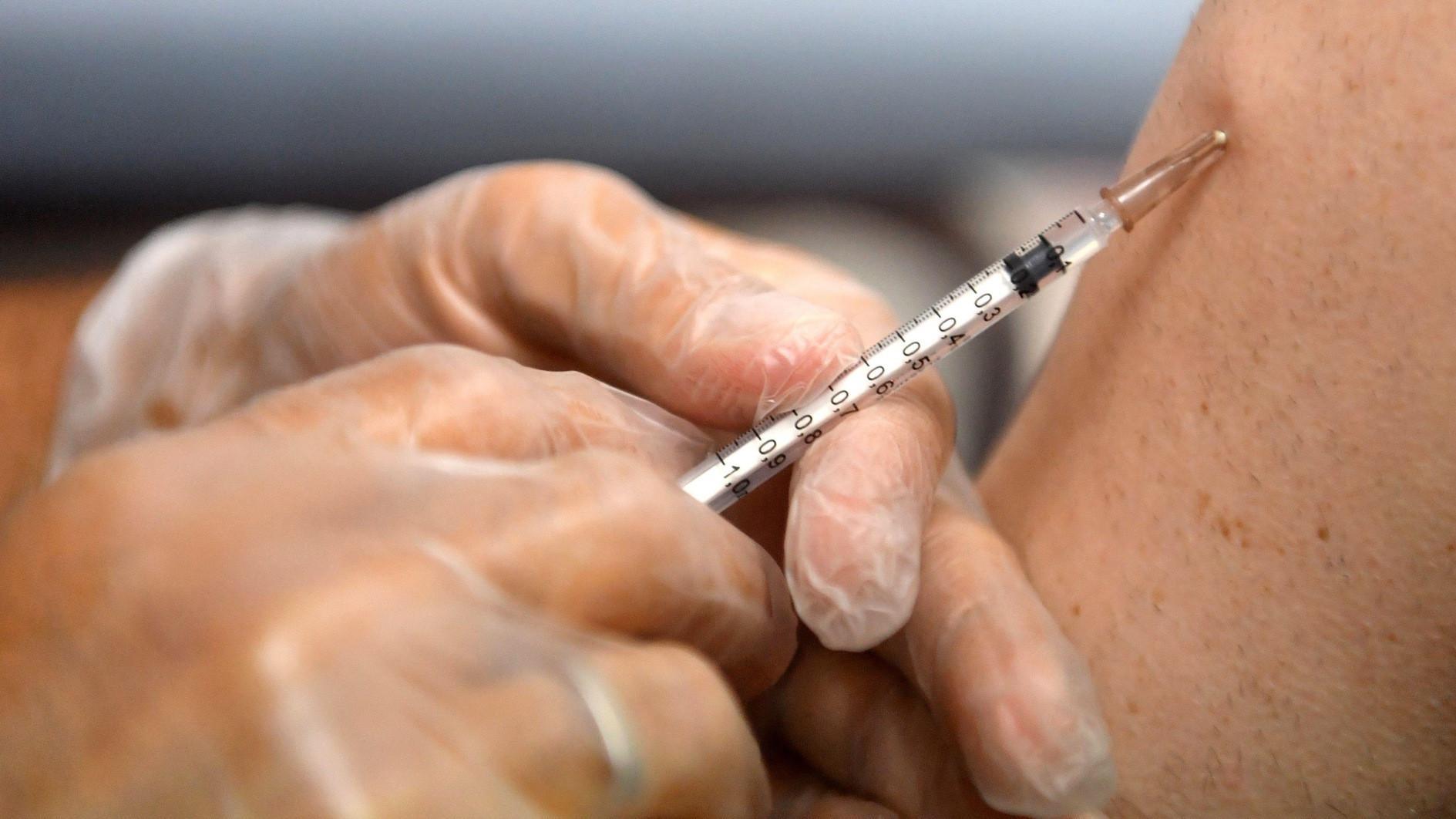
The World Health Organization (WHO) on Friday called on manufacturers to increase production of mpox vaccines to address the spread of a more dangerous strain of the virus, Clade 1b.
This strain has surged in the Democratic Republic of Congo (DRC) and other regions, prompting the WHO to declare a public health emergency of international concern on Wednesday.
Since the beginning of the year, Africa has reported a total of 18,737 suspected or confirmed cases of mpox, including 1,200 cases in just one week, according to the African Union health agency.
To date, 3,101 confirmed and 15,636 suspected cases have emerged, resulting in 541 deaths and a fatality rate of 2.89 percent, as reported by the Africa Centres for Disease Control and Prevention (CDC).
The DRC is the hardest-hit country, reporting 1,005 cases (222 confirmed and 783 suspected) and 24 deaths within the last week.
All 26 provinces in the DRC, home to approximately 100 million people, have reported cases.
Additionally, neighboring Burundi has reported 173 cases—a 75 percent increase in just one week.
The WHO has emphasized the urgent need for vaccine manufacturers to scale up production.
WHO spokeswoman Margaret Harris stated that there are currently 500,000 doses of the MVA-BN vaccine in stock.
An additional 2.4 million doses could be quickly produced if there is commitment from buyers.
For 2025, a further 10 million doses could be available upon a firm procurement request.
The WHO is also working with Japan to facilitate donations of LC16, a vaccine produced for the Japanese government.
Harris urged countries with vaccine stockpiles but no active outbreaks to donate doses to affected nations.
Organizations like Doctors Without Borders have also called on wealthy countries to donate as many doses as possible, noting that current supplies sent to Africa are "a drop in the bucket."
Bronwyn Nichol, senior public health emergencies officer for the International Federation of Red Cross and Red Crescent Societies, highlighted a critical shortage of testing, treatment, and vaccines across the continent.
These shortages severely hinder efforts to contain the outbreak.
The surge in mpox cases is being driven by two different strains of Clade 1.
Clade 1a primarily affects children and spreads through multiple transmission modes.
Clade 1b, first detected in September 2023, spreads rapidly, mainly through sexual transmission among adults.
Tedros Adhanom Ghebreyesus of the WHO indicated that the complex situation necessitates a comprehensive and coordinated international response.
Notably, this week marked the first recorded cases of mpox outside of Africa, with cases confirmed in Sweden and Pakistan.